|
After the pivot from last week I have been trying to re-focus on a research topic/question within the context of tactile vibrations and music. I understand my supervisor's criticism, as my initial idea to look at the Rhythmic Affect of Tempo to create physiologial and pyschological affect within a film. ie. speed of sound,music, editing, vision, was far to a lofty undertaking for honours (or a PHD). Given I am also writing a systematic review this year, my lecture questioned me taking on a secondary research inquiry to that which I am already undertaking. As such I have settled on looking at the component affect within vibration/music experienes and potentialy looking at frequency or amplitude to create modulate affect within a vibration/music experience. The positives of this topic is there is extensive literature to draw from within the field of Vibration/Music. As an added bonus I am currently I am filtering thousands of search results from 3 database searches (Ebsco, ProQuest and Scopus) for this systematic review which is bringing my attention to lots of helpful (and not so helpful) papers. In the excel spreadsheet of results below, green is a good paper, yellow is open for discussion and red is a paper of no-relavance to the research question. I think about risk, I think about where I postion myself. I think about failing and suceeding. I think about the risk of doing honours when I feel so burnt out, sometimes sitting with adversity leads to good things (I certainly hope so). What is meant by risk? What is meant by failure? It is ok to fail. Failure is just information! Hard scientists come up with lots of failure.
The findings from the paper below are rather exciting to me , as the researchers found that Vibration sound at 2>10Hz had the affect of lowering hyper-arousal in insomnia patient - which resulted in increased sleep and feelings of relaxation. I am personaly excited by this as a insomniac I always noticed my sleep improved on days I worked on vibration music in the lab. The intricatices of how the brain responds to sound and vibration fascinates me! The paper hypotheissed that tactile vibration oscilations at a particular frequency, can have the affect of overiding signals of hyper-arousal in the brain, as the neural oscilations entrain to the tactile oscilations, equatining to increased functional connectivity and lowered hyper-arousal.
0 Comments
I really enjoyed this week's reading by Anna Gibbes. I was especialy interested by the mention of Lefebvrbe's concept of Rhythmnanalyis - which led me to tracking down his collected works and reading a significant portion of it. I found his theory of looking at the holistic aspects of interlinking stimuli, movement and rhythm within an enviroment, as a very interesting way to interepret affect and reality. As a percusionist I have often thought of such concepts, so it is humbling to come across such ideas in a philsophical sense. The subsequent question that arises in my mind is: if you can interpret rhythmn, culture and reality and being a collection of intervweaving rhythmns - what sort of rhythmns are they, and how do you analyse and quantify that sort of data? Notes from Lefebvrbe's Rhythmnanalysis Corporal Rhythmn - The rhythms of the body help determine the speed and rhythmn of an enviroment Repetition gives birth to difference. Using the example counting, 1, 2, 3…. Cyclic time originates in the cosmos - days, nights, waves, seasons, weather, last for a long time and then repeat/restart. Ie. dawn Linear time - human construct, monotony of action and movement, Time & Space - cyclic repetition via linear repetition - ‘a dialectic relationship (unity in opposition)’ Rhythm appears natural and spontaneous, yet it always has a ‘measure’. Music, poetry, dance, gymnastics,work (all have a measure) Rhythm denotes measure… I have started constructing a very systematic drive structure for my research. Each class has a folder for each week's lecture, whereas I upload notes, screenshots and annotated readings. After 3 years of full time study/research, this feels like the closest I have achived to a workable system. As my handwriting is often flippant and hard to decipher, and I end of with radom pieces of paper and books everywhere full of hard to interpret disparate thoughts and notes. Initialy I was planning on studying rhythm and affect, until a meeting with my supervisor resulted in a pivot to vibration and frequency for affect. I was really excited and passionate about my initial research topic. I am reluctantly pivoting to a vibration topic I have worked on in the AKE lab during my undergraduate degree. It may be easier for me in the sense, that the research area is somewhat charted territtory. I read a paper that suggested I write in order to help me find some clarity in discovering a research topic..
This is my first attempt at using this exercise to find such clarity. Strangely enough, writing has become quite a cumbersome and loathsome activity to me that I used to be passionate (for most of my life) until I fell madly in love with music! This word keeps circulating around my head 'tempo'... I try to unpick my fascination with the topic, speed, time, speed and time and affect. Events in time, vibrations of objects at different speeds in time, multisenory informtation. Reception context. Drumming at differeing speeds, the effect of drumming at different speeds, entrainment... Why do events in time illicit particular responses? Does the tempo of sensory events change or create feelings of stress/relaxtion in different enviroments and different contexts? What effect can be garnered from creating sonic works with more than two simultaenous tempos? Does the tempo of nature sounds create different affects for a human listener? Does repetive drumming at different speeds create a physiological and pyschological efefct for the drummer and listener? "You can’t control what you discover in research, you go in looking and find something out." Melody Ellis - Week 1 - Knowledge Presentation The quest for knowledge |
AuthorWrite something about yourself. No need to be fancy, just an overview. Archives
June 2021
Categories |
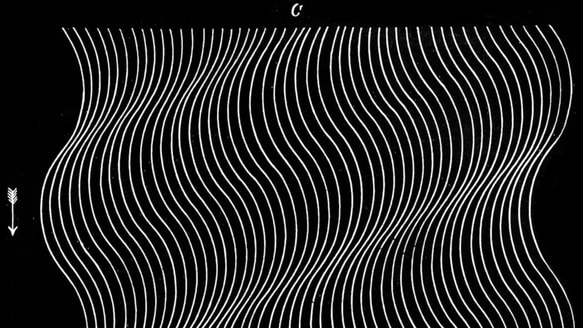
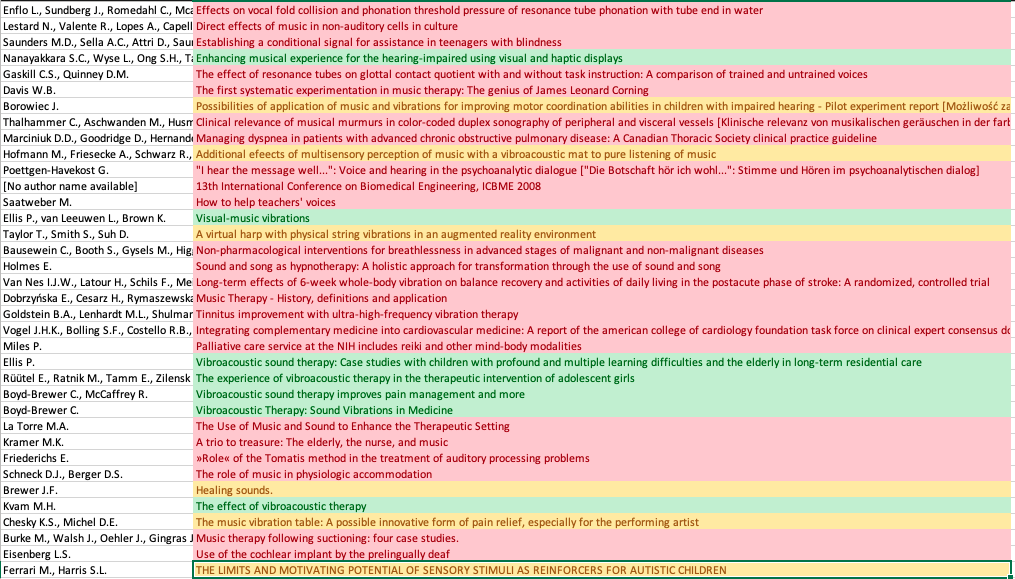
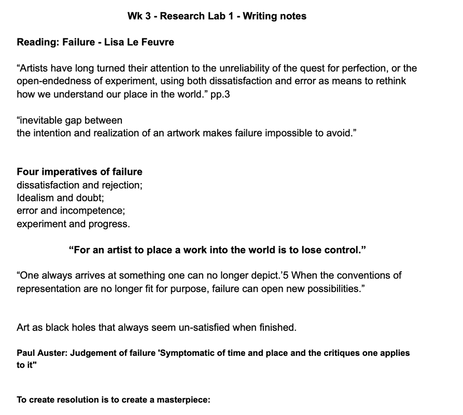
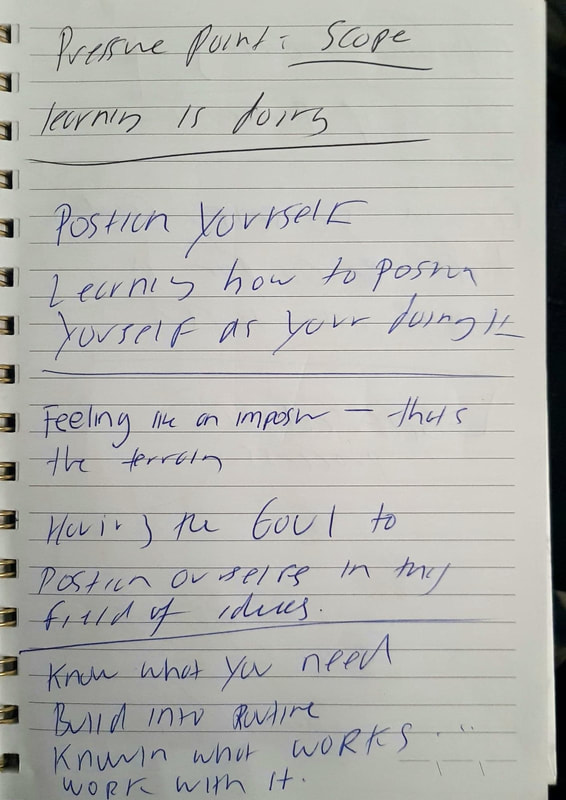
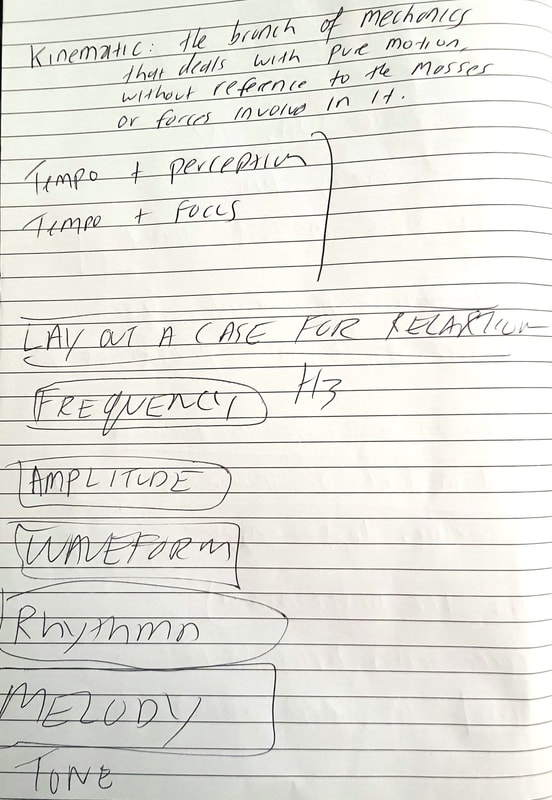
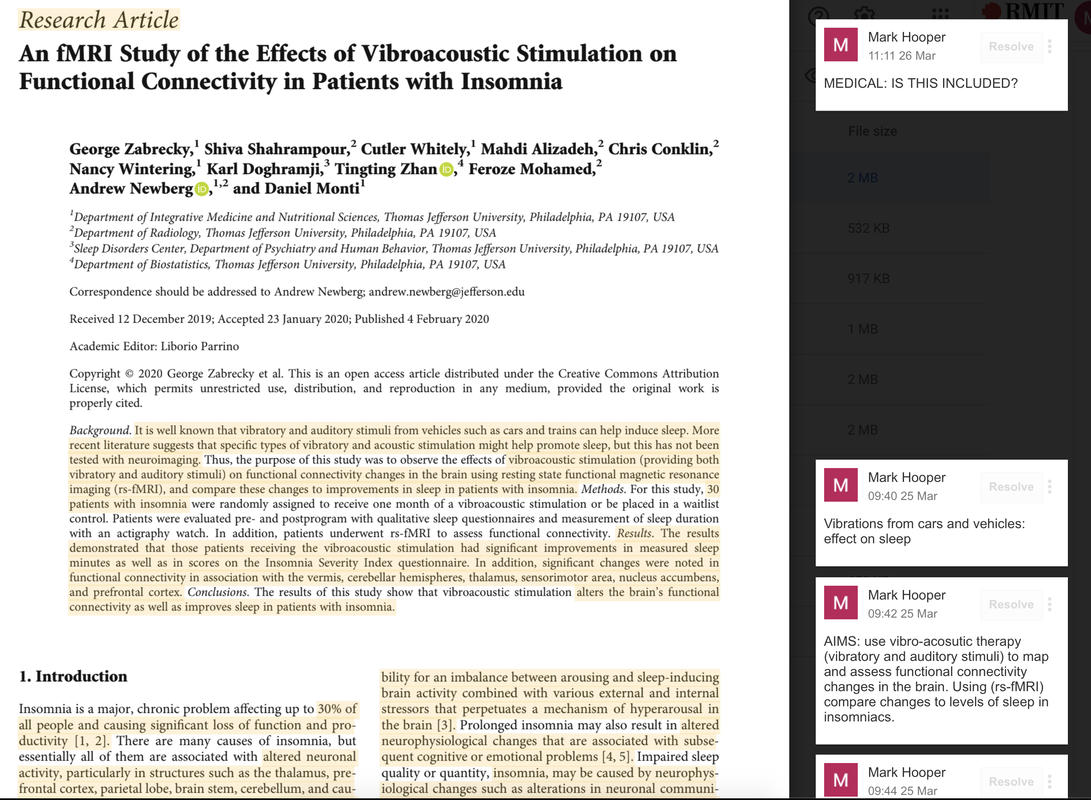
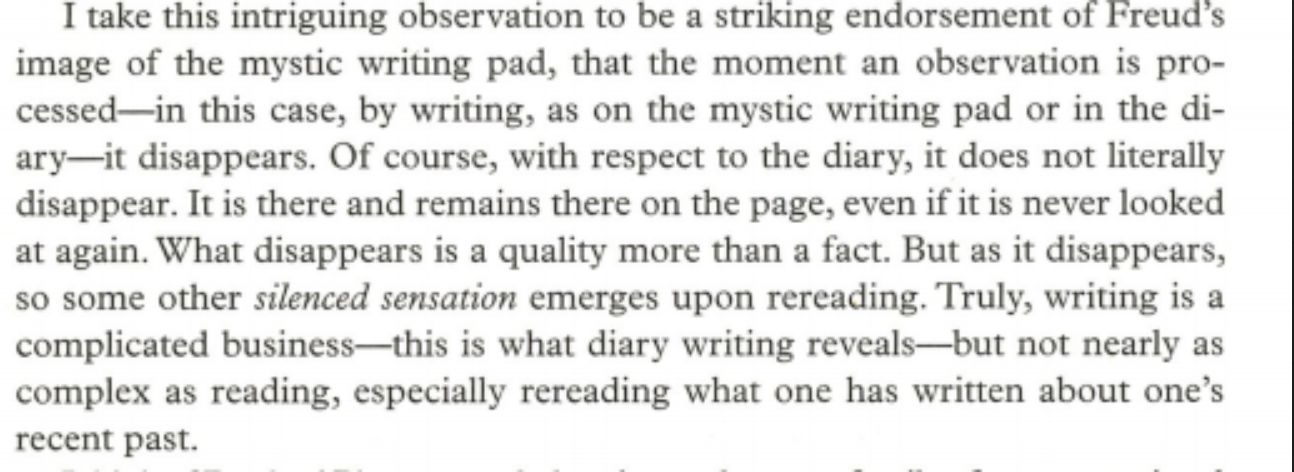
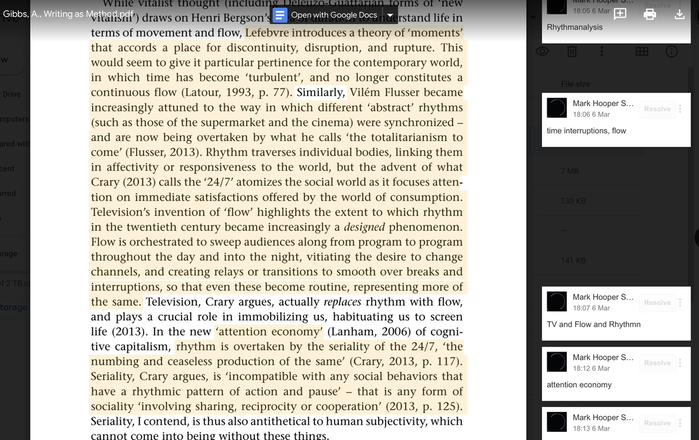
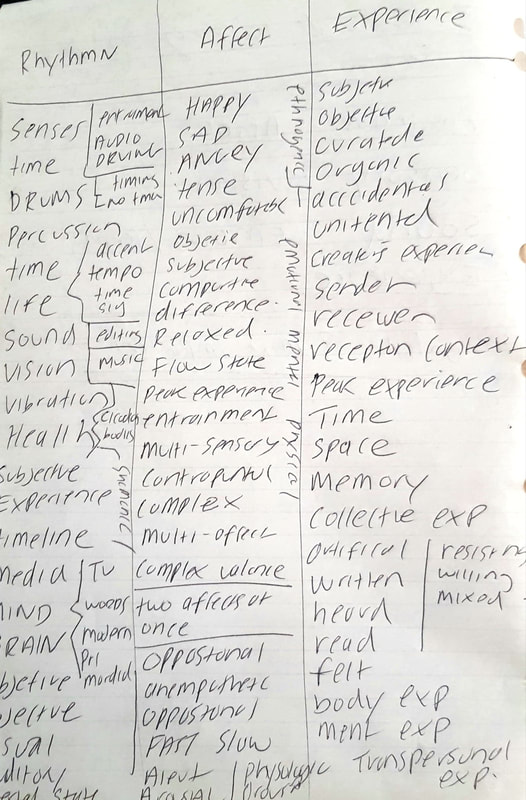
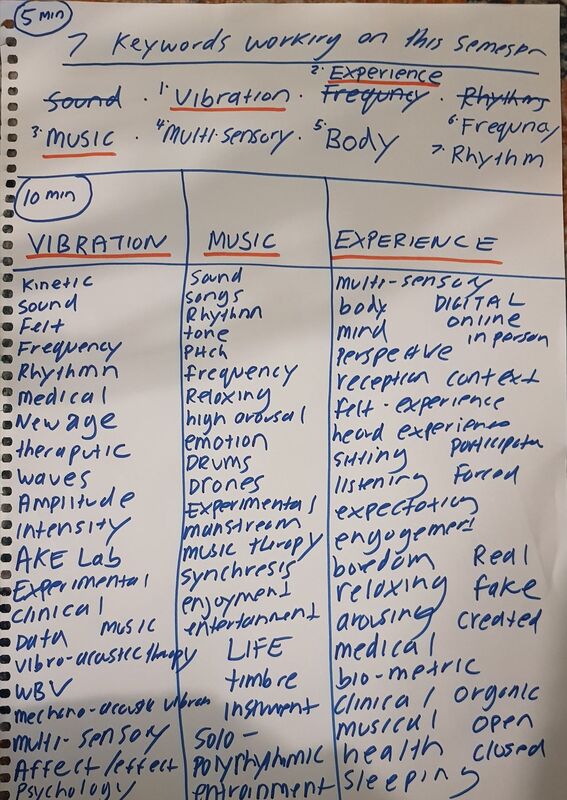
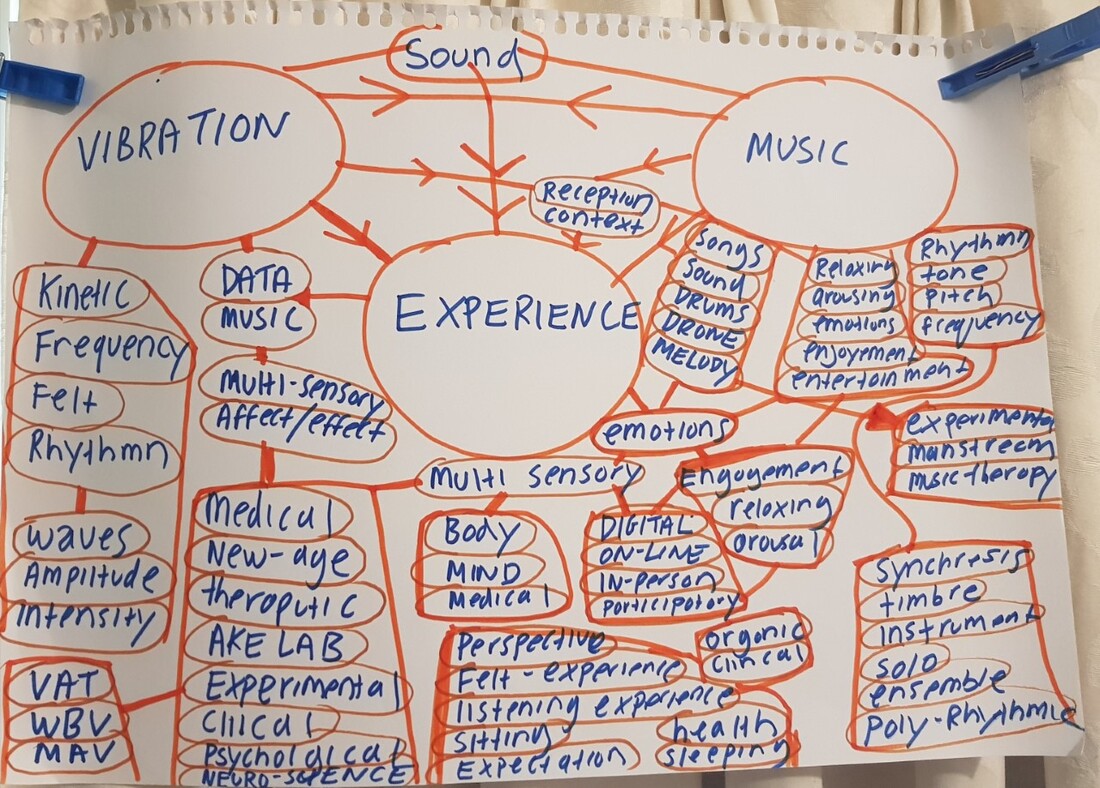

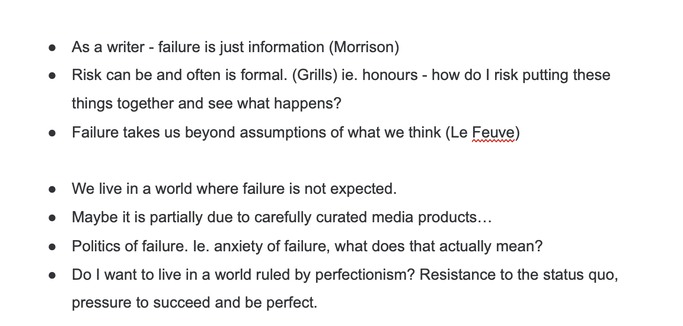
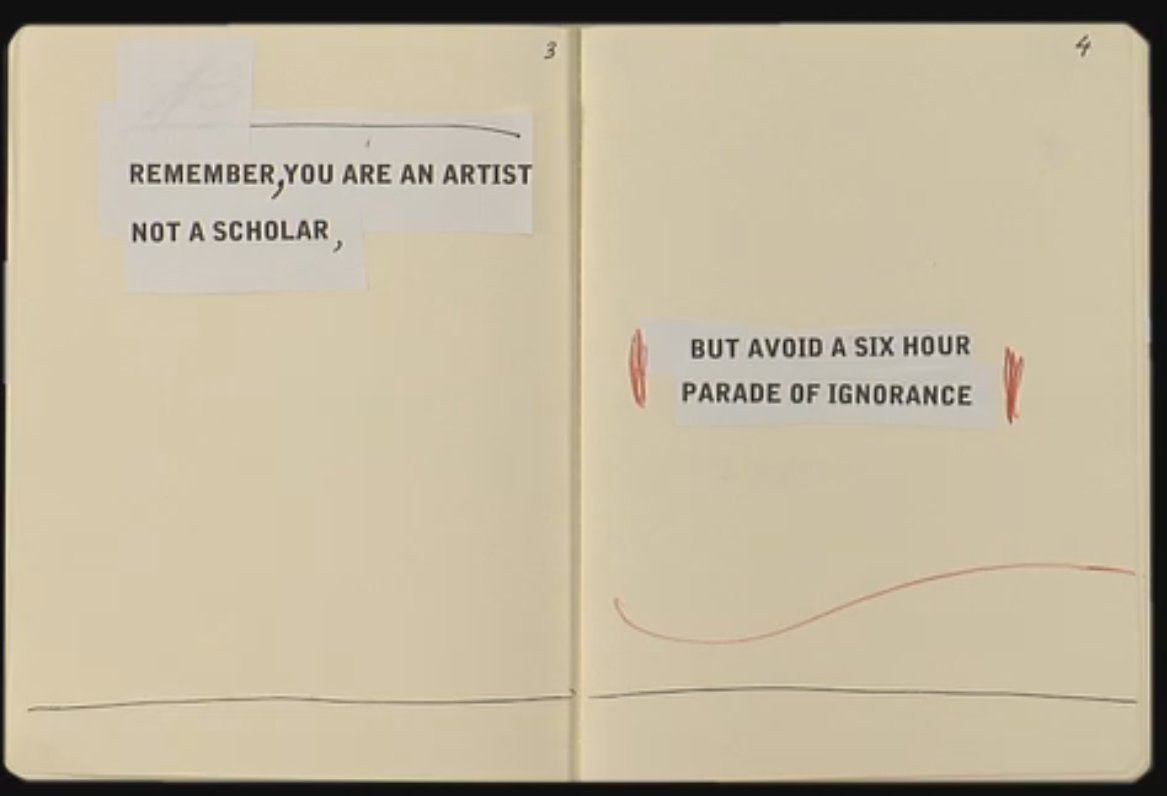
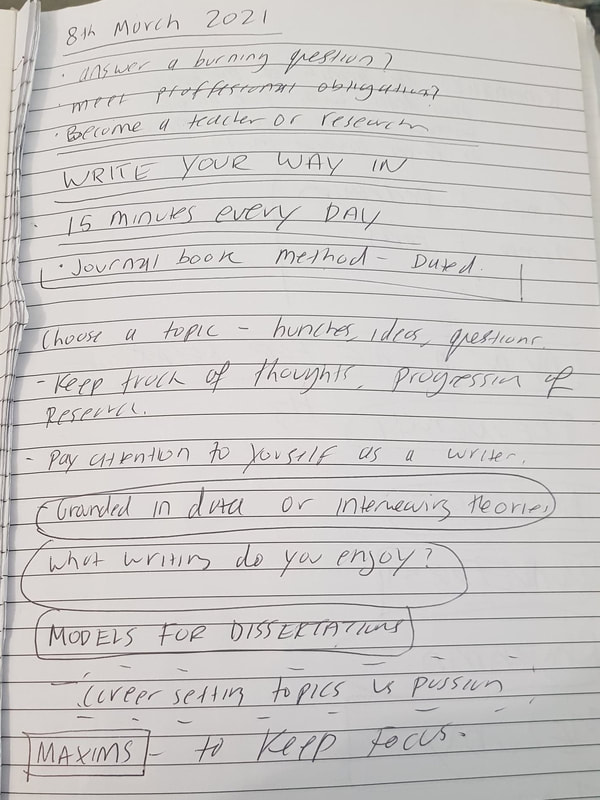
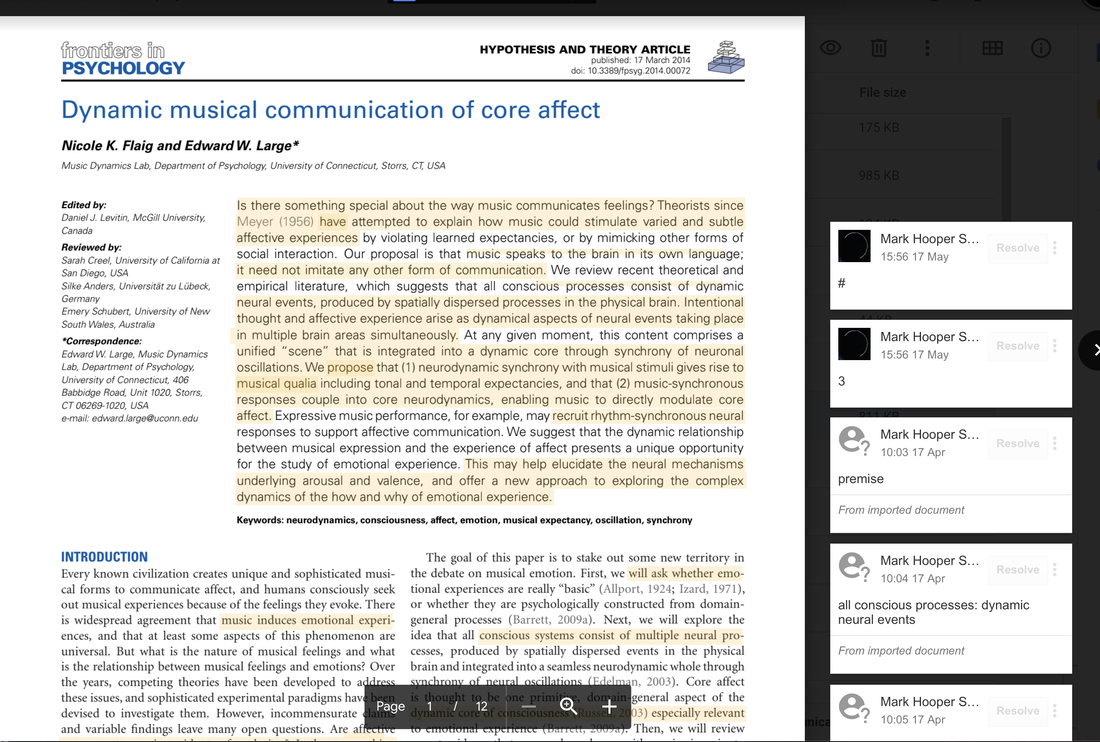
 RSS Feed
RSS Feed